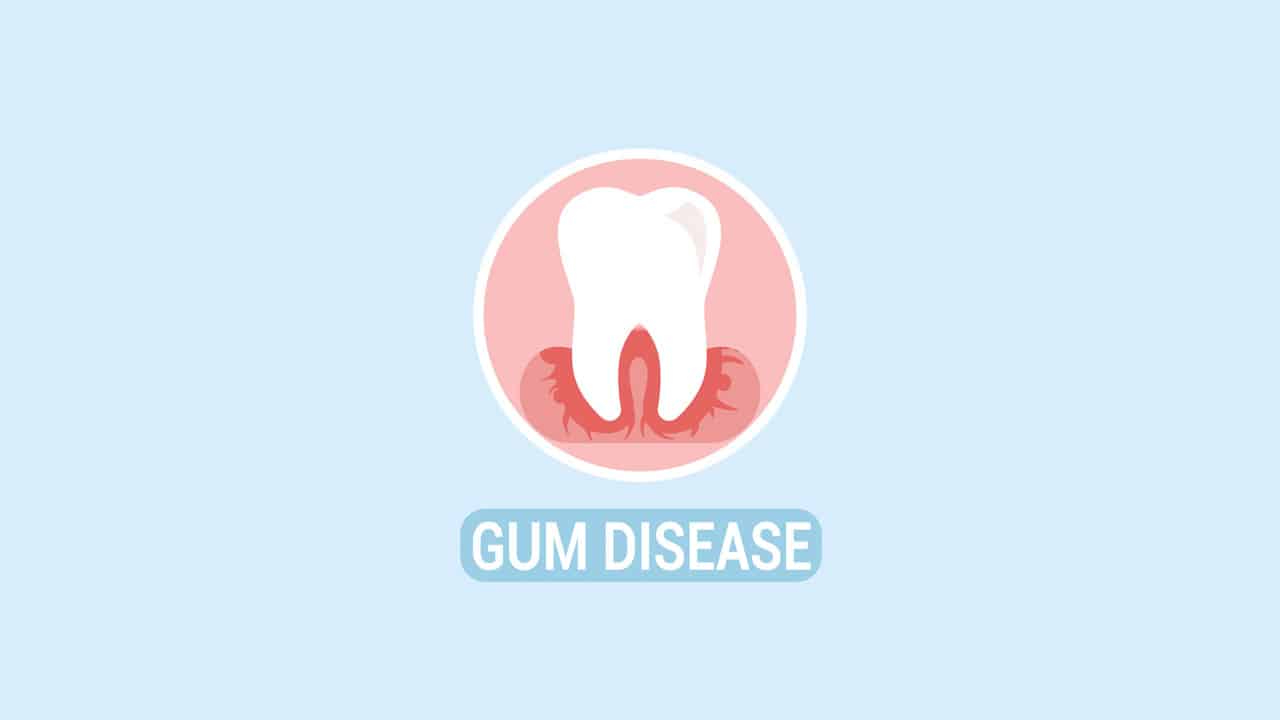
Gum disease is a common and preventable oral health problem when the gums become swollen and red. Complications of gum disease include tooth loss, bone loss, and infection. Gum disease has also been linked to an increased risk of heart disease and stroke.
While plaque build-up is the primary cause of gum disease, several other reasons can occur in adults.
1. Poor Oral Hygiene
Plaque continually forms on your teeth, even when practicing good preventative care, like brushing and flossing. Poor oral hygiene allows plaque to harden and turn into tartar, which can only be removed by a dentist or dental hygienist. Once tartar forms, it irritates your gums and causes inflammation. This can lead to gingivitis, an early stage of gum disease.
2. Smoking
The toxins in cigarette smoke damage the delicate tissues in the mouth, making them more susceptible to infection. Smoking also reduces the amount of saliva in the mouth, which helps control bacteria levels. Without enough saliva, bacteria can thrive and cause gum disease. Smoking also makes it difficult for the body to fight infection, increasing gum disease risk.
3. Diabetes
Diabetes can cause problems with how the body uses sugar, leading to a build-up of sugar in the bloodstream. It can damage the blood vessels, including those that supply the gums. Diabetes can also reduce the body’s ability to fight infection, making it more difficult for the gums to heal. People with diabetes are more likely to have dry mouths, which can also contribute to gum disease.
4. Teeth Grinding
Teeth grinding, or bruxism, is a common habit that can harm your teeth and gums. When you grind your teeth, you put undue stress on the surrounding tissues. Over time, it can cause inflammation, bleeding, and eventually tooth loss if left untreated.
5. Hormonal Fluctuations
Hormonal fluctuations can be due to changes during pregnancy or menopause in women. Changes in hormone levels can affect how the body responds to bacteria, making it more difficult for the immune system to fight infection. It can cause an increase in the levels of plaque-forming bacteria in the mouth, which can lead to gum disease.
6. Medications
The most common medications that lead to gum disease contain steroids, calcium channel blockers, and anti-epilepsy drugs. They can reduce the production of saliva, which is necessary to keep the mouth moist and wash away food particles and bacteria. Medications that cause dry mouth are often prescribed for allergies, colds, or sinus infections.
7. Nutritional Deficiencies
Deficiencies in vitamins A, C, and B12 are commonly linked to gum disease. Deficiencies in these vitamins can cause your gums to bleed and become inflamed. In severe cases, deficiencies can also lead to bone and tooth loss.Support Your Periodontal Health with Smile On Dental Salon & Sleep Apnea Center
Mild to moderate gum disease can be treated with a good at-home oral hygiene regimen and routine professional cleanings, but advanced periodontal disease may require more extensive treatment. This may involve a deep cleaning the tooth root surfaces below the gums, medication, and sometimes gum flap surgery.
Smile On Dental Salon & Sleep Apnea Center employs the latest and most effective gum treatment and therapy options. If it’s been a while since your last cleaning and dental exam, or you think you may have gum disease, contact our offices in Deerfield and Lakeview to make an appointment with one of our dentists.
